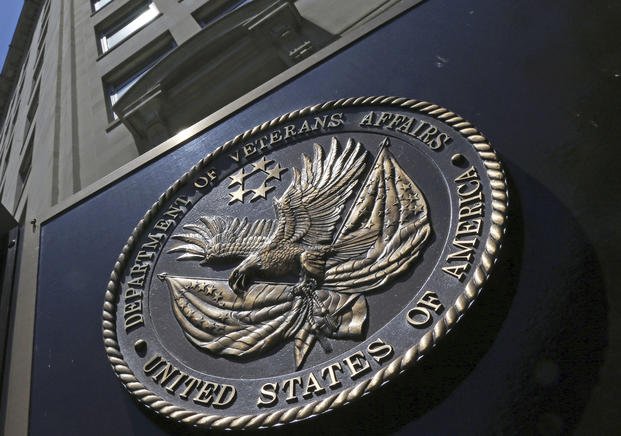The Department of Veterans Affairs plans to give more veterans who use the VA for medical care broader access to advanced fertility treatments, including those who require in vitro fertilization to conceive and who need egg or sperm donations as part of their efforts to start a family.
The revised policy, based on a change required at the Defense Department by ongoing litigation, is expected to expand availability of the benefit to single veterans, same-sex couples and married couples unable to use their own gametes.
As part of ongoing litigation against the Defense Department and VA, the DoD announced in court documents that it would remove requirements that service members be married to be eligible for the benefit and be capable of using their own gametes to conceive.
Read Next: As the Marine Corps Says Goodbye to Decades-Old Jet, Its Maintainers Hit the Fleet for the Last Time
In a Jan. 25 joint court filing, attorneys for the VA said it will also amend its IVF policies "to align the coverage it provides with that available under the forthcoming amended DoD policy."
Both the VA and DoD are likely, however, to retain a requirement that the benefit will be covered only for those persons whose infertility stems from a serious injury or illness, greatly reducing its availability.
Currently, military personnel who don't qualify and pursue IVF must pay a fee at one of eight military treatment facilities where it is offered or cover the entire cost at a private facility.
Veterans who don't meet the requirements have access to fertility testing, medication, artificial insemination, cryopreservation of gametes and counseling.
VA Secretary Denis McDonough noted Tuesday that the department has requested each year in its budget that it be allowed to expand fertility benefits to more veterans. Now, under a requirement that the VA must follow the DoD's policies, it will be able to, he said.
"It's my belief that [there is] a no-more wonderful thing than to be able to raise a family, and I would love more veterans to have that opportunity," McDonough said during a briefing to reporters.
McDonough could not provide a time frame for the policy change, citing the ongoing case. Court documents indicate that the Defense Department expects to finalize a memorandum on the benefit "by the end of February 2024."
The VA has been allowed to cover IVF for severely injured service members since October 2016, when Congress passed legislation sponsored by Sen. Patty Murray, D-Wash.
The National Organization for Women, or NOW; the Yale Law School Veterans Legal Services Clinic; and the National Veterans Legal Services Program filed a lawsuit in August against the DoD and the Department of Veterans Affairs, charging that their coverage policies for in vitro fertilization and other fertility treatments are discriminatory against single troops and same-sex couples.
They also argued that the policy violates the Affordable Care Act, which prohibits discrimination on the basis of sex.
A spokeswoman for Yale's Veterans Legal Services Clinic on Monday commended the departments for pledging to remove what she called "the discriminatory marriage requirement and categorical ban on donor gametes," but the group still plans to fight the case, given the limitations that restrict coverage to military-related injury and illness.
"As such, NOW-NYC will continue to challenge both DoD and VA to remove all unlawful and prohibitive restrictions on IVF care," wrote Mira Ortegon, a law student intern, in an email to Military.com
Proposals in Congress to expand IVF coverage for service members and veterans have been opposed by some conservative lawmakers because the process involves the creation of embryos that may be discarded or destroyed.
Related: Veteran Advocates Sue over 'Discriminatory' Fertility Treatment Policies at DoD, VA













